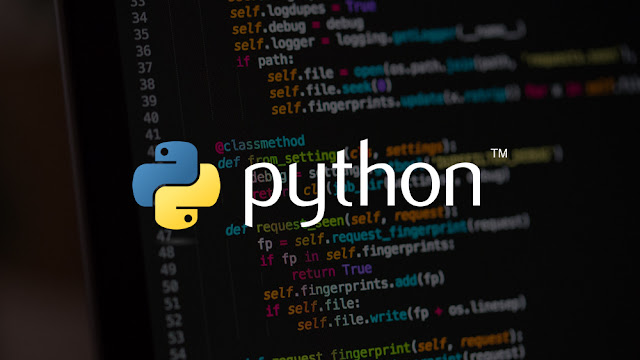Exploring Real-Time Data Replication with IBM Data Replication
Even though data lake may be all about Apache Hadoop,
integrating operational data is usually very challenging a challenge, as it
does not cope well much with changing data, due to lack of any concept of
"update," nor “delete.”A Hadoop software platform can provide a
proven economic, highly scalable and trusted means of storing volumnious data
sets on commodity hardware.
The power of discovery that usually is present with a schema
seems also missing, creating an obstacle to well understood transaction data integrating.
This in turn is interfering adversely with easy storage of data in a relational
database. Apache Kafka will facilitate making the most from your data,
including structured business information and the very high volume and
unstructured data from social media, internet activity, sensor data and as
such.
It is a fact that Kafka is increasingly becoming the
enterprise standard for information hubs that can be utilized with or to feed
data to the data lake. It is highly suitable dealing with events and data that
are prone to changes on a constant basis. Using commodity hardware for highly
scalable and reliable storage, Apache Kafka can be righteously complimented as
a better tool compared to Hadoop, as it comes featured with a schema registry,
self-compressing storage that can comprehend the concept of a "key,” and
other characteristics. These characteristics can well assume data will change.
An array of "writers" and "consumers"
build to such open standard, ensuring and adding strength to integration of
transaction and other quickly modifying useful data with enterprise data
stores, processing platforms and more. As data is amassed in a Kafka-based
information hub, Kafka consumers can feed data to the desired end points,
including
- Information server
- Hadoop clusters
- Cloud-based data stores
It has been found that a Kafka-consuming application is
capable to perform analytics functions using the data amassed in the Kafka clustered
file system itself or to trigger real-time events.
IBM Data Replication is known to provide a Kafka target
engine,streaming data into Kafka using either a Java API-based writer with
built-in buffering, or a REST (Representational State Transfer) API using batch
message posts. This is being provided to
- assist organizations deliver changing data into Hadoop-based data lakes or Kafka-based information hubs
- Making greater amount of real-time data available to such enterprise data lakes or data hubs
- Enabling enterprises capture information from source transactional systems with negligible impact
- Deliver changes to analytics and other systems at reduced latency
- Analyze voluminous amounts of data in motion.
IBM Data Replication is equally capable to deliver real-time
feeds of transactional data from mainframes and scattered environments directly
into Hadoop clusters, with its Hadoop target engine, using a WebHDFS interface.
IBM Data Replication solution can make it possible ensuring
quick and accurate real-time incremental delivery of transactional data to
Hadoop and Kafka based Data Lakes or Data Hubs with data replication. Making an
exploration of real-time data replication with IBM Data Replication will be
really a quality business decision.
Get enrolled in apache
spark and scala training in Bangalore at NPN Training leaded by qualified
industry leaders.


Comments
Post a Comment